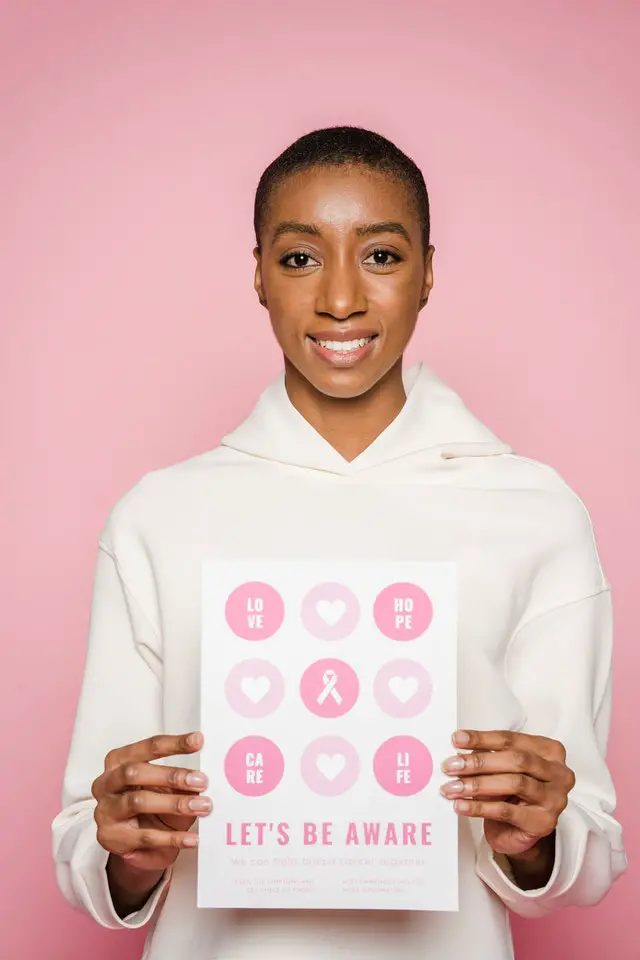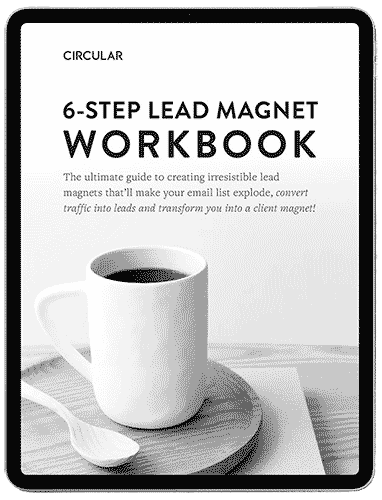We just passed Breast Cancer Awareness Month in October. Did you learn any new information to make you more aware of your risks, surveillance, and treatment options? The blog post is dedicated to providing you with some quick need-to-know line items regarding breast cancer as well as where you can get more information. Share with your friends!
Breast Cancer Risk Factors
There are modifiable risk factors (risk factors you can change) and non-modifiable risk factors (risk factors you can’t change). To see them all, check out the National Breast Cancer Foundation.
Modifiable Risk Factors
- Lack of physical activity
- Poor diet
- Obesity
- Alcohol Use
Non-modifiable Risk Factors
- Gender: while men can be diagnosed with breast cancer, women are 100x more likely to get it.
- Age: the older we get, the greater our risk
- Family history of breast or ovarian cancer
- Personal medical history, including your menstrual & reproductive history
Breast Cancer Prevention
There is no clear way to prevent breast cancer altogether. In fact, the National Breast Cancer Foundation reports that only 30-40% of patients diagnosed with breast cancer have these risk factors as part of their history. However, in general, a healthy diet and regular exercise are great tools for disease prevention.
Getting routine physicals and OB-GYN checkups are also very important. Your primary care doctor knows your medical history and can alert you of risk factors that you may not think of. Annual OB-GYN wellness checks routinely screen you for breast and ovarian cancer. So I CAN NOT stress this enough, it is very important you have these things in place.
READ MORE: Why We Should Get and See a Primary Care Doctor?
Additionally, if you are predisposed genetically to breast cancer, you may be eligible for surgery that could literally prevent you from getting breast cancer.
READ MORE: Breastfeeding Decreases Breast Cancer Risk?
Breast Cancer Diagnosis
Breast cancer is when abnormal cells grow within the breast tissue. Both men and women have breast tissue but obviously, women have more. So this explains why men can be diagnosed with breast cancer but women get diagnosed way more often.
According to the National Breast Cancer Foundation, the 5-year survival rate is 99% when caught early. That’s a BIG deal! So look out for signs like breast pain or a lump in the breast. If there are concerning findings during a clinical breast exam by your OB/GYN, they may order you a mammogram.
It is recommended that women 40 and older have mammograms every 1-2 years. If you have risk factors, you’ll likely have to start this routine screening earlier but that’s a discussion for you to have with your healthcare provider.
If you’re diagnosed with breast cancer, it can be overwhelming. The National Breast Cancer Foundation and Susan G. Komen are great organizations to get reliable information and resources.
Breast Cancer Treatment
Treatment depends on the specifics of your breast cancer diagnosis. This can include surgery, radiation, chemotherapy, hormone therapy, and/or immunotherapy. You can learn more about treatment options at Susan G. Komen. They even address financial concerns you may have regarding treatment. In a previous post regarding colon cancer, I shared info on how you can get help from your local healthcare system.

Be Cognizant of Others
Not every breast cancer warrior/survivor wants to be made a spectacle of when October rolls around. Be considerate to everyone in general but especially those who have breast cancer, have had breast cancer, or have had people close to them fight breast cancer. This time of year when everything gets a pink bow slapped on it can be overwhelming and PTSD-like. Do not assume everyone wants to be addressed as a fighter or survivor. Instead, address individuals in a way that THEY would appreciate. Asking them would be a great place to start.
So now, are you more aware of breast cancer than you were before reading this post? If so, then I’ve fulfilled my purpose. Share your questions and related experiences below in the comments.


One Response